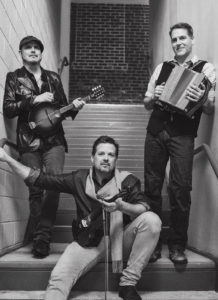
For the Americana band Two Bird Stone, the magic isn’t only in the music, but in its members. Having known each other for two decades, there is a kinship in their creativeness that translates into the songwriting, a fact that is apparent when listening to their latest album, Hands And Knees, set for release tomorrow via Soundly Music.
“Collaborations are second nature for us, but the secret sauce is the fact that we’ve known and loved each other for over 20 years,” said lead singer Liam Thomas Bailey in an exclusive interview with TrunkSpace.
We recently sat down with Bailey to discuss releasing a record in the middle of a pandemic, the evolution of lyrical literacy, and non-duel concepts.
TrunkSpace: Americana has been enjoying a real resurgence in recent years. Why do you think the genre is connecting with audiences in 2020?
Bailey: I think the understated production, more acoustic instrumentation, and less commercial nature of Americana provides a nice balance for anyone who feels overwhelmed by the amount of information, vitriol, and sensationalism we face on any given day. I also think the growing popularity reflects another side of our increasing connectivity: older music enthusiasts have more access to platforms that help them find new music!
TrunkSpace: This has been a difficult year for many and music has become a much-needed distraction from a real world that is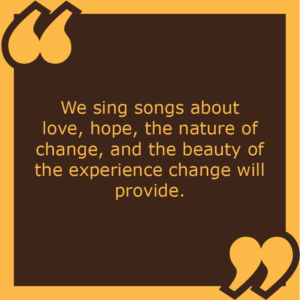 sometimes too real. What do you hope people will find in Two Bird Stone’s music when they press play?
sometimes too real. What do you hope people will find in Two Bird Stone’s music when they press play?
Bailey: I hope folks find our music reassuring. We sing songs about love, hope, the nature of change, and the beauty of the experience change will provide. I also feel that there is a sense of reassurance embedded in the very essence of the timeless fiddle tunes we quote within our songs. Fiddle tunes are great evidence that we go on; we modify and we create.
TrunkSpace: There’s such great instrumentation in your songs. How do the Two Bird Stone songs come to life? Is it music first and then lyrics or does the creative inspiration come from different places?
Bailey: This record was all about development. I provided the song material and the band piled on as they came into the project. We’ve all played for many other artists professionally. Collaborations are second nature for us, but the secret sauce is the fact that we’ve known and loved each other for over 20 years.
TrunkSpace: Your album, Hands And Knees, is due on September 11. What kind of emotions do you juggle with when releasing new material to the masses, and is the experience different this time around given that the entire world, essentially, has ground to a halt?
Bailey: Wow, what great question. Of course, it’s always very daunting to dangle your creative efforts in front of the public for the edification of strangers, but now that you mention it, it feels less so in the midst of the pandemic. I don’t think it’s ever been easier to throw my hands up and say, “What the hell?! It’s not like I’m going to make things any worse!!”
TrunkSpace: Normally you would tour to support a new release, but that is not something that is possible in every state right now. How has promoting the upcoming music changed?
Bailey: Streaming shows, no radio tour, no definitive release-related performances; things are so far out of one’s control that there’s no use in the feeling of disappointment. I don’t really think about it.
TrunkSpace: How do you get the word out when people can’t get out themselves?
Bailey: I’ve been lucky enough to experience the thrill of playing enormous tours supporting international acts as a sideman without ever having to maintain ANY social media platforms. Of course, now I wish I had been active on Instagram and Facebook through those years, but in light of the fact that I wasn’t, I’ve been using this time to learn what I can about socials to develop a presence I can maintain. We also have a small team of folks that are close to the project that help get the word out.
TrunkSpace: If someone sat down and listened to your upcoming Hands And Knees front to back, what would they learn about you and where you’re at as a band and as songwriters in 2020?
Bailey: Our reviews have been glowing, but I feel like the writers share an understanding that this music (and this band) have been developing throughout the production of our first record and that the future holds a fully realized Two Bird Stone. If you love music, this album will absolutely make your ears perk up and get you involved, but we won’t have the problem of the “difficult second record” – our next album will be our punchiest and most definitive.
TrunkSpace: What are you most proud of with the album?
Bailey: I’m most proud of the writing. My writing suffered on my earlier records because it wasn’t a priority for me. That may sound ridiculous, but I was always preoccupied with the actual music, and dropping words into my music was just a way to get a song done. I’m very far from that approach these days. If I can’t find a clearly stated message in a song then I know it won’t function properly. People will recognize potential in this case, but they won’t attach to the music.
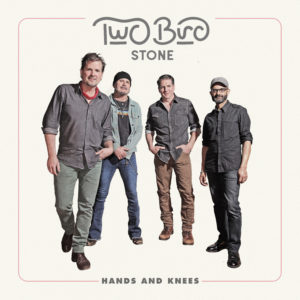 TrunkSpace: There is a rich history of music-making in Two Bird Stone and you have all created with other musicians prior to this project. What made this one so special and when did you know it was?
TrunkSpace: There is a rich history of music-making in Two Bird Stone and you have all created with other musicians prior to this project. What made this one so special and when did you know it was?
Bailey: Judd Fuller was always a part of the early visions I had for this band, but I knew it was special when Chad Kelly joined us on accordion. Things came into focus very quickly after that. Another old friend and deep musical collaborator, Rohin Khemani from Red Baraat, joined very shortly after. He subbed on drums and world percussion for a run of shows in New England and we asked him to join on the ferry ride home from Martha’s Vineyard. We’ve all known each other for over 20 years.
TrunkSpace: What has been the most rewarding aspect of creating together thus far?
Bailey: Developing the material in our live performances has far and away been the most rewarding and revealing aspect of our work together. That’s where I’ve been getting a tremendous sense of what this is becoming. It’s a shame our formative efforts were cut short as a result of the outbreak, but I’m not worried. Two Bird Stone is here now, and we aren’t going away.
TrunkSpace: What has this project done for you personally that you felt was a missing component from those you participated in previously?
Bailey: I’ve always played with great musicians, but hyper-musicianship is different. That’s what each of these boys bring to Two Bird Stone. Though they each have staggering levels of experience and talent, what they bring to this project is something that no amount of practice or performance can manifest. It is a shared sense of how we see the universe and how music fits into it. They are the finest musicians I know as a result of the fresh musical choices they make.
TrunkSpace: Time machine question. If you could jump ahead 10 years and get a glimpse of what your career looks like a decade from now, would you take that journey? If not, why?
Bailey: I’m experienced enough to know that whatever the future holds is stranger than I could imagine and the journey will be plenty surprising without time travel. I have somehow developed a very non-dual sensibility and time isn’t exempt from the “one-ness” in my view. When you can see everything with a “300-year view,” 10 years is the blink of an eye. If you go a little further, then all time is happening at once. I know I sound like a nut when I articulate non-dual concepts, but I’m not alone in feeling this way.
Hands And Knees arrives tomorrow via Soundly Music.


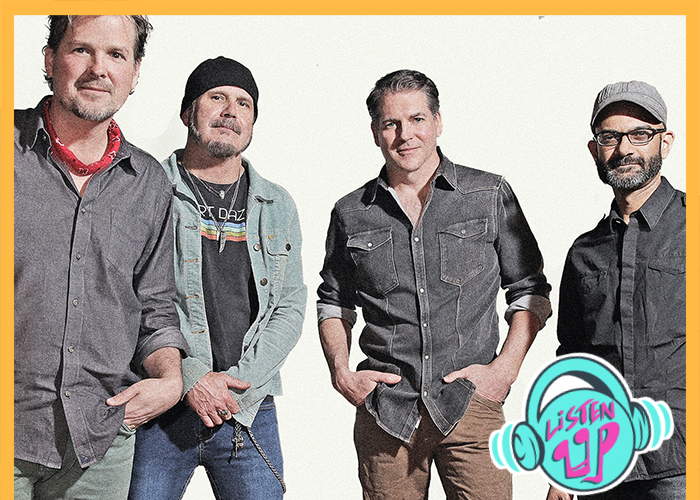
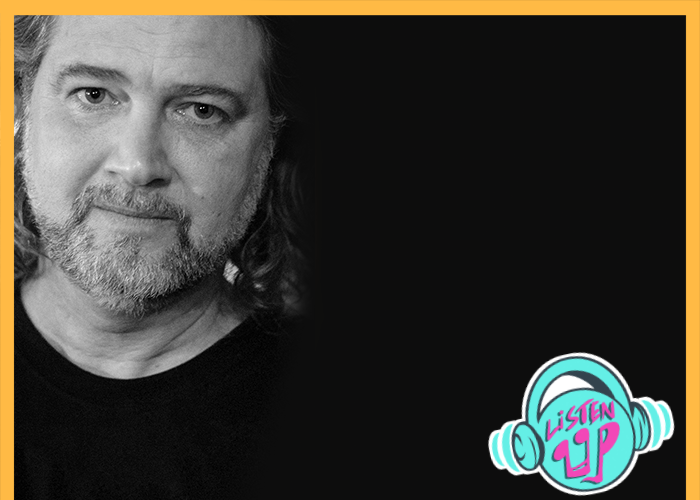
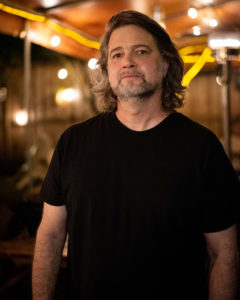
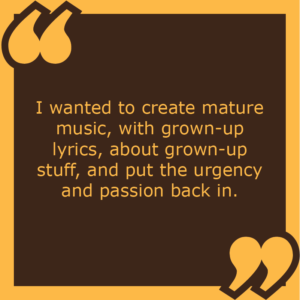
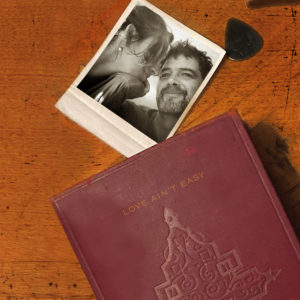 TrunkSpace: We have all been in some form of lockdown for the majority of 2020. How much of your time spent social distancing has also been spent creating? Have you experienced a creative jolt during this period – and will it lead to another album?
TrunkSpace: We have all been in some form of lockdown for the majority of 2020. How much of your time spent social distancing has also been spent creating? Have you experienced a creative jolt during this period – and will it lead to another album?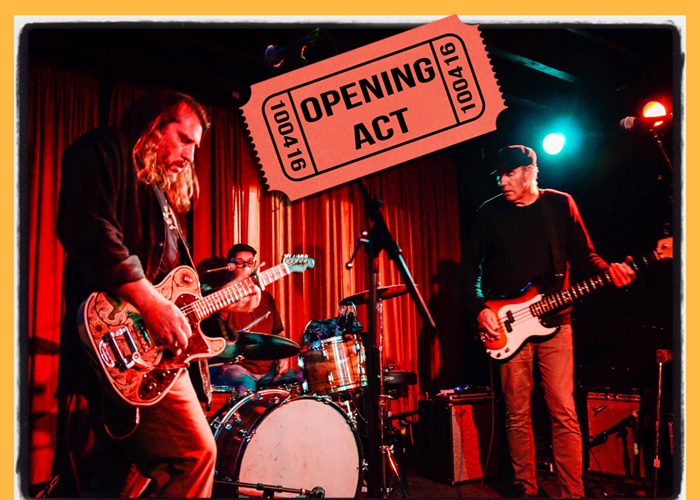
 Artist/Band: June Star
Artist/Band: June Star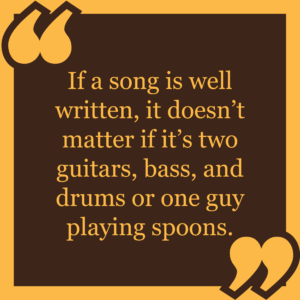
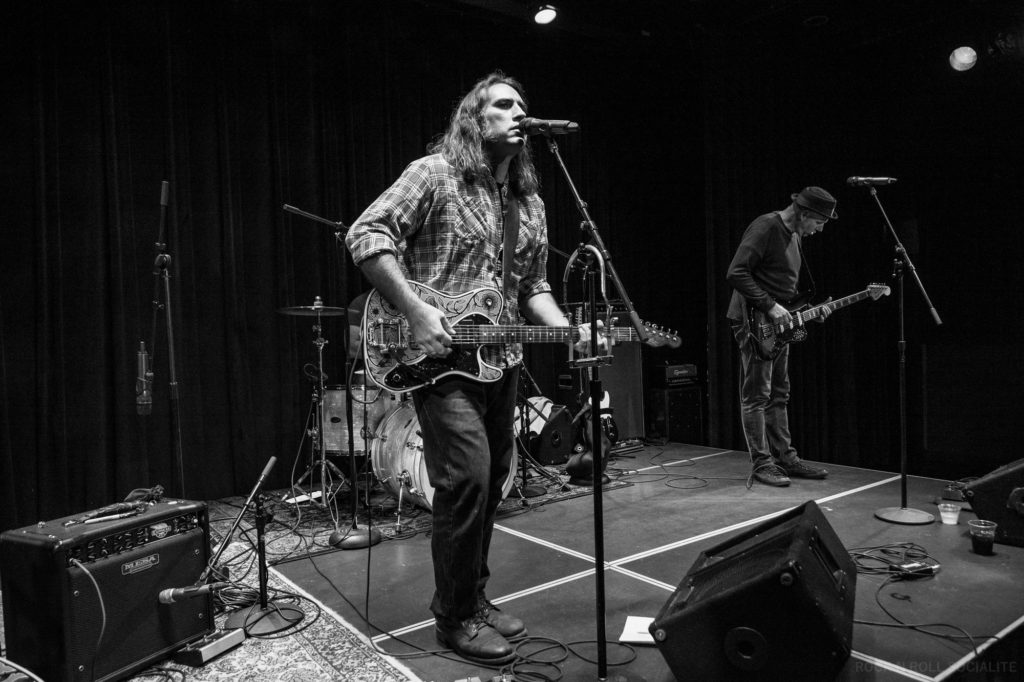
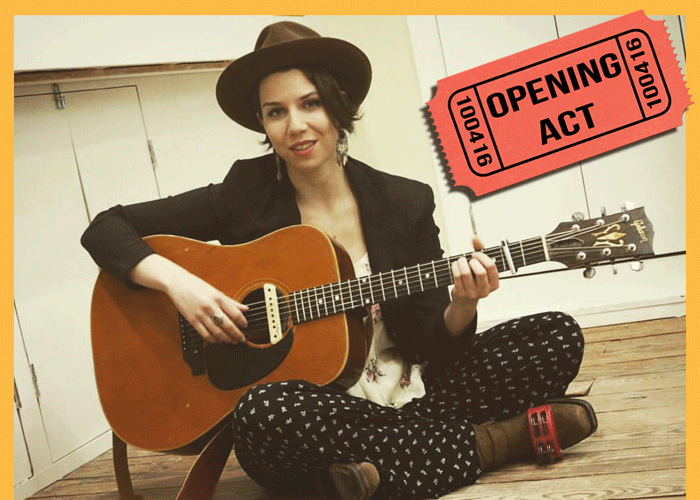
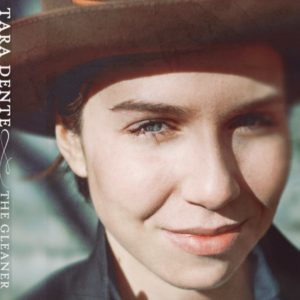
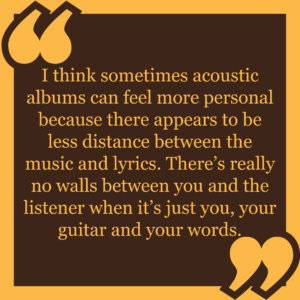
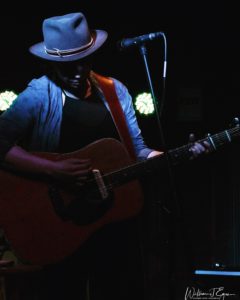

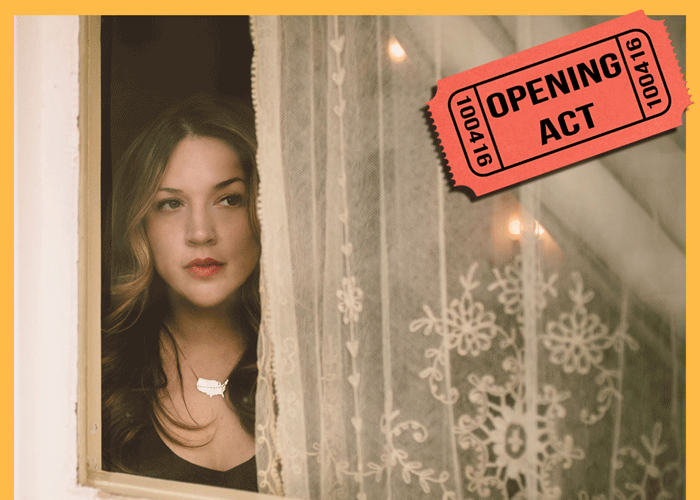
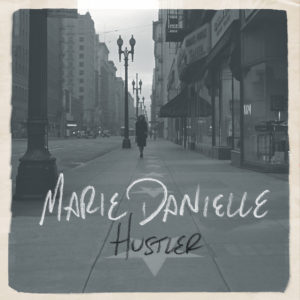 Artist/Band: Marie Danielle
Artist/Band: Marie Danielle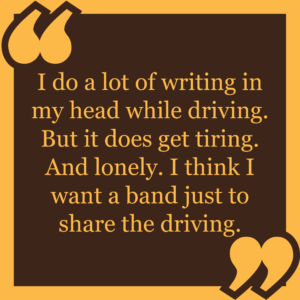 the song, scared to give too much away. If it isn’t a little dangerous, it isn’t worth doing.
the song, scared to give too much away. If it isn’t a little dangerous, it isn’t worth doing.
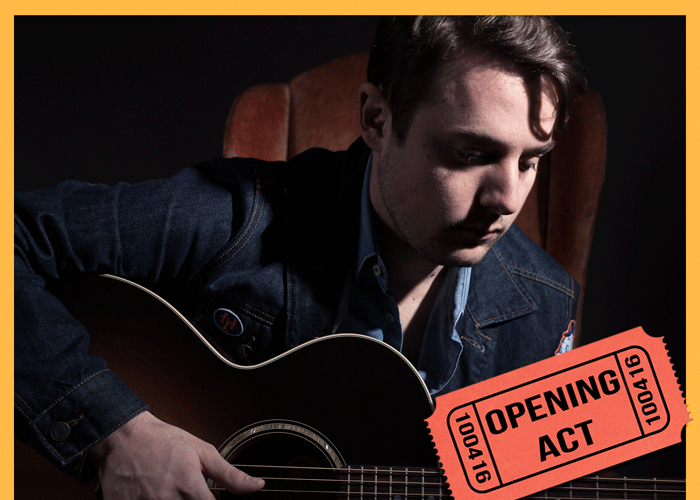
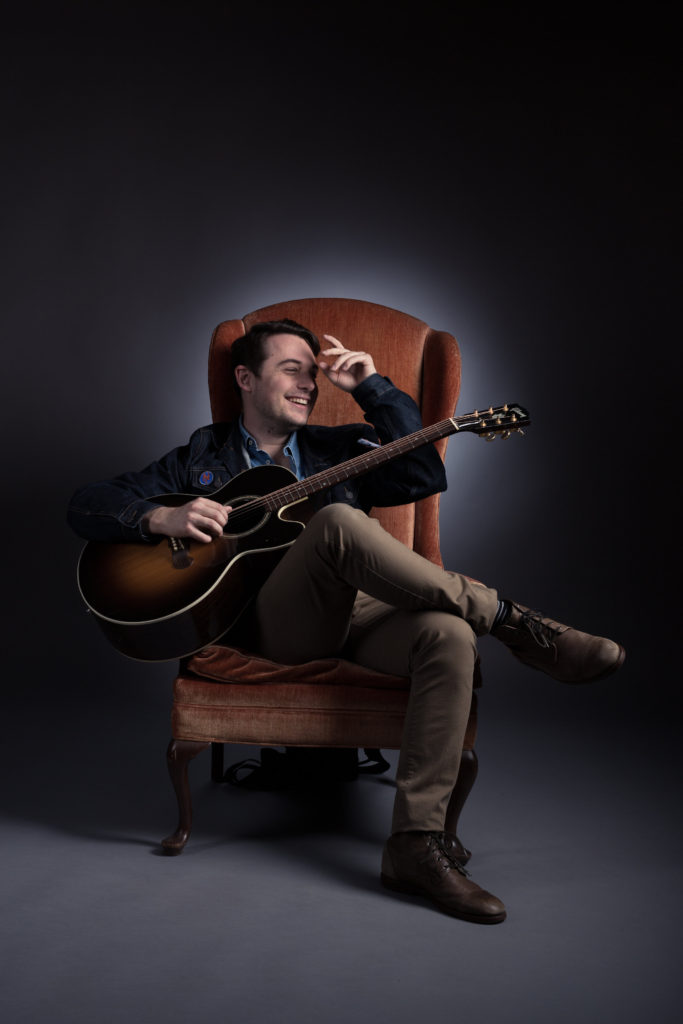 Artist/Band
Artist/Band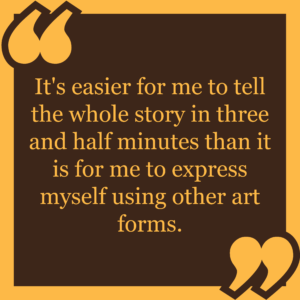 the noise of everything else in order to have people pay attention.
the noise of everything else in order to have people pay attention.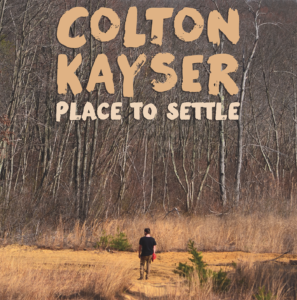 Asbury Park can definitely sustain itself. The money has moved in. If you had told me as a kid that I would be hanging on Cookman Ave. at night, I would have laughed at you. I think artists may be priced out of living there at some point, but there’ll always be places to play, record, and grow.
Asbury Park can definitely sustain itself. The money has moved in. If you had told me as a kid that I would be hanging on Cookman Ave. at night, I would have laughed at you. I think artists may be priced out of living there at some point, but there’ll always be places to play, record, and grow.